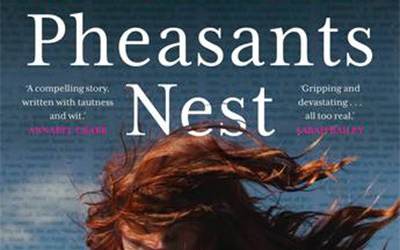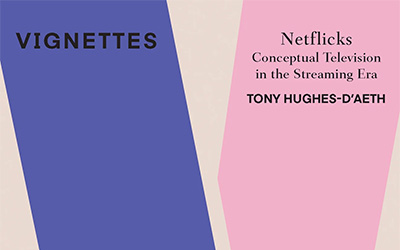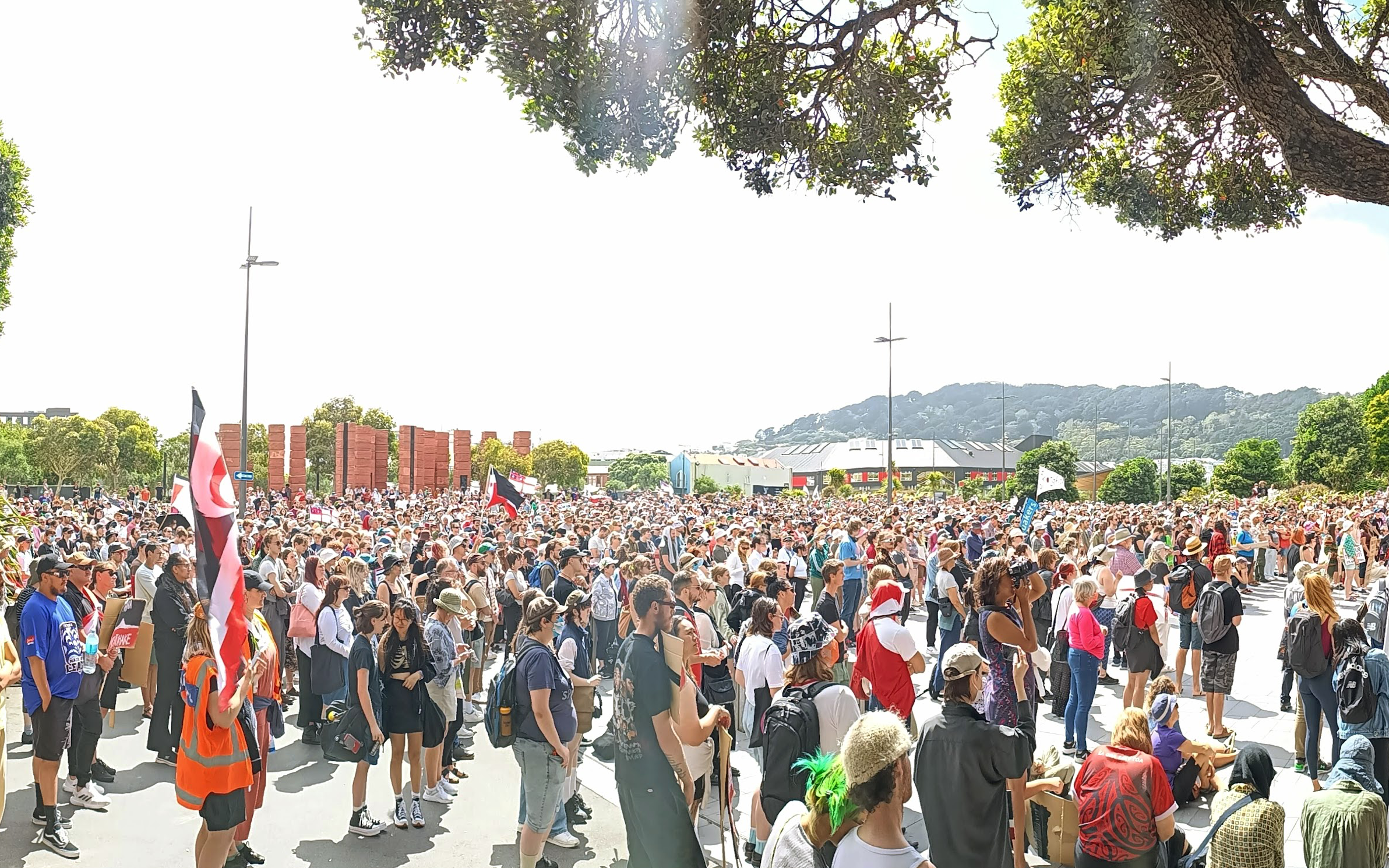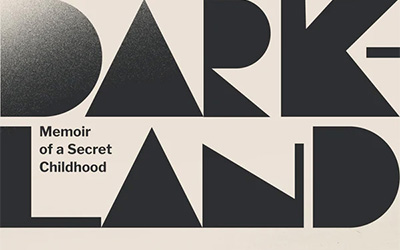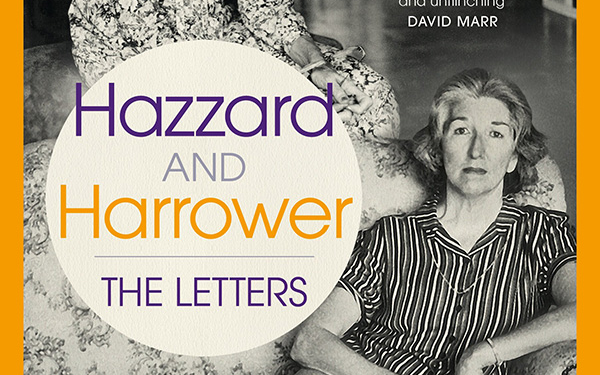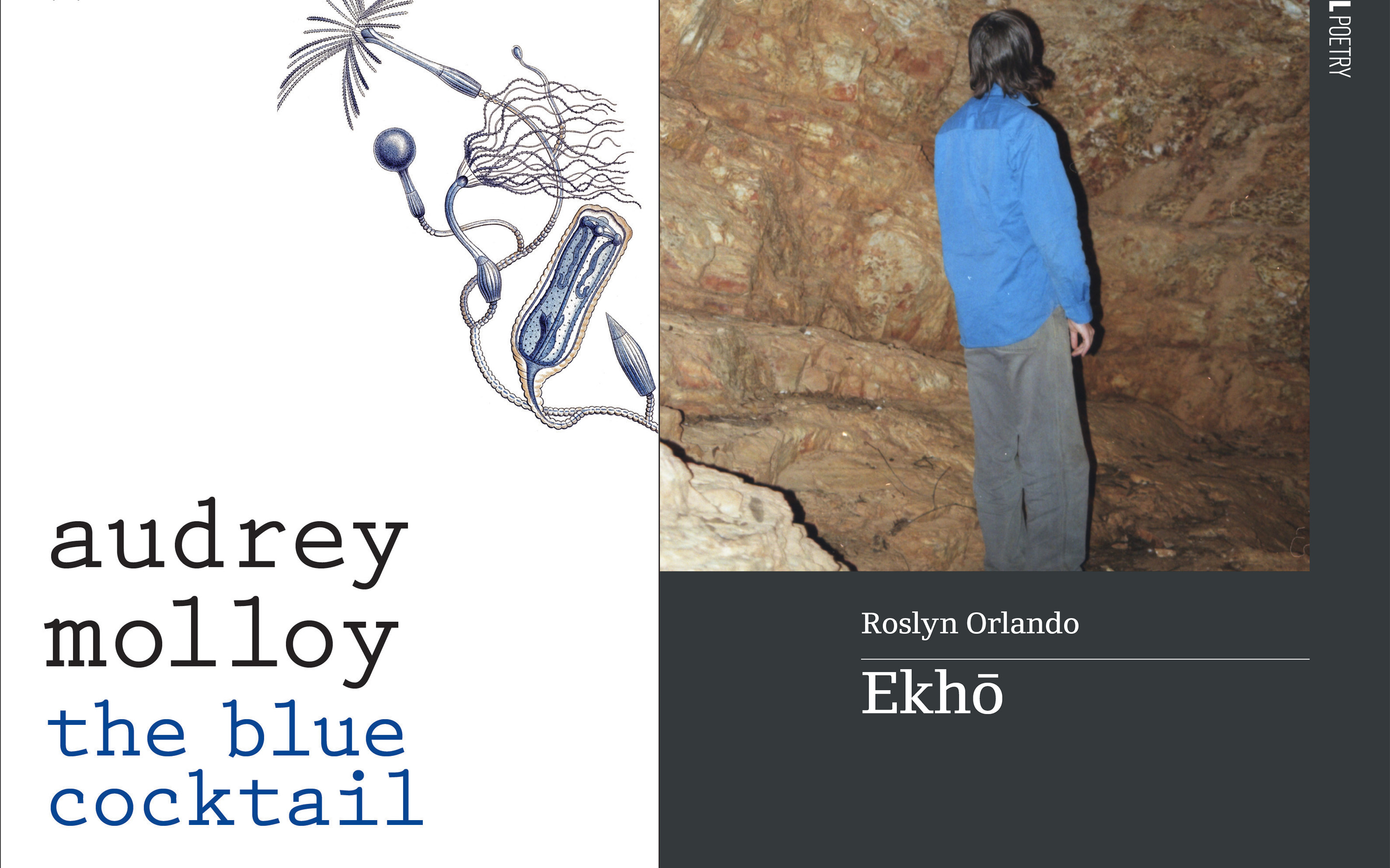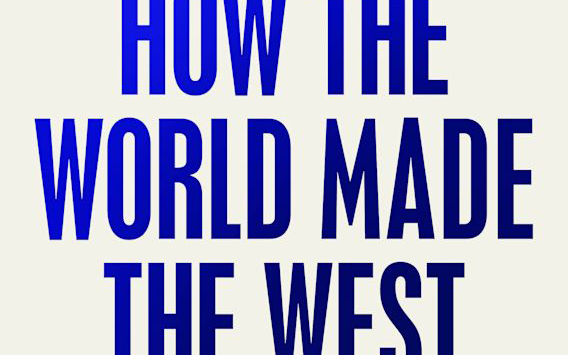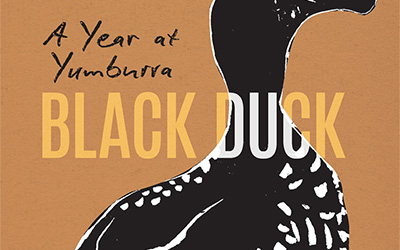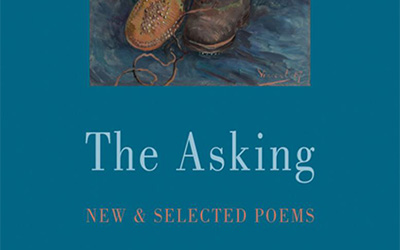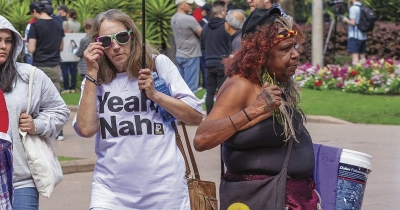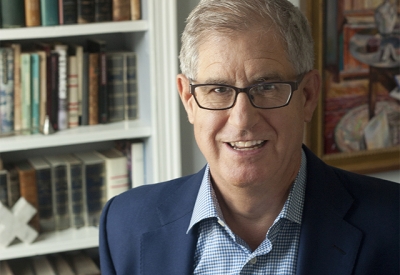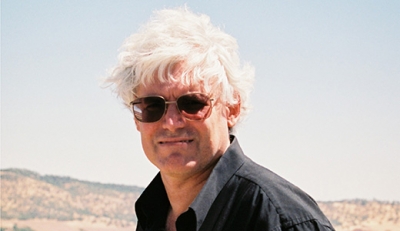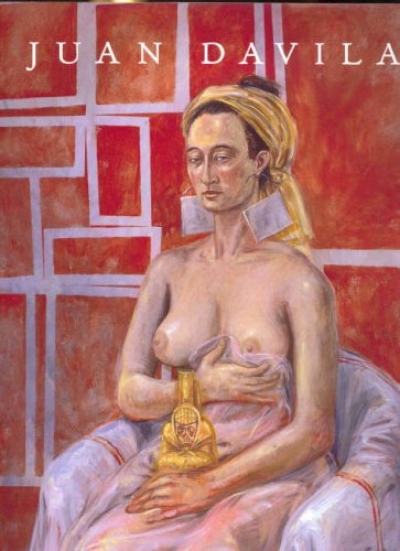Fiction
Pheasants Nest by Louise Milligan
A mid-career genre change is always cause for attention. Best known for her fearless investigations into institutional sexual abuse, it is hardly surprising that Louise Milligan should transfer her journalistic nous and commitment to social justice into the realm of crime fiction. Pheasants Nest is part of a movement in post-#MeToo crime fiction, which has flourished in Australia and abroad in the past decade. It challenges the norms of the genre to centre victims and amplify the reverberations of violence against women (recent examples include Jessica Knoll’s Bright Young Women and Jacqueline Bublitz’s Before You Knew My Name).





